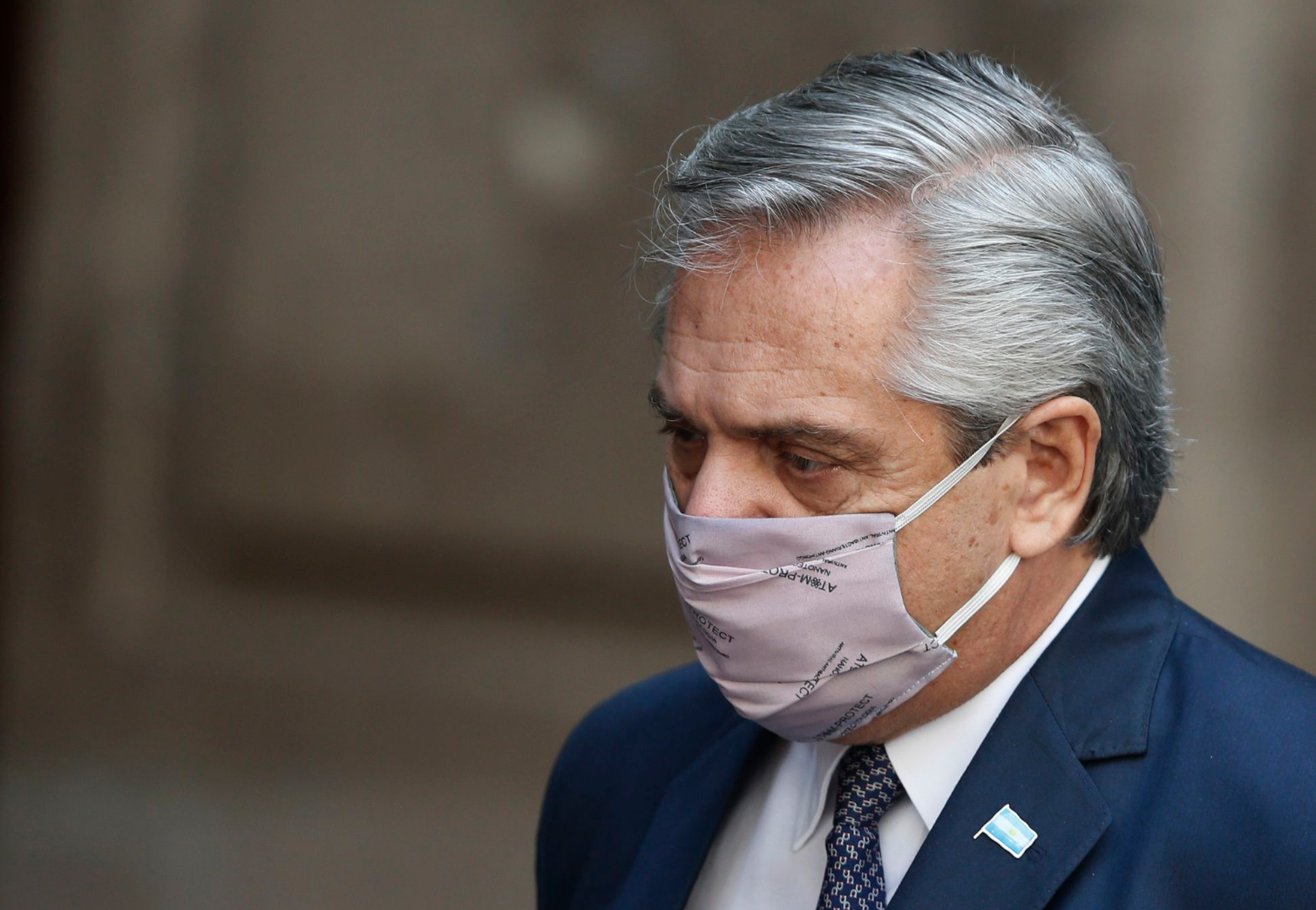It is common knowledge that Argentina, as in other latitudes, is going through a prolonged process of political polarization, which pits parties or coalitions of parties against each other and confronts societies many times in a blatant manner. But, probably, for the citizens of other nations, it is difficult to understand that the polarization that is putting the Argentine government in check is operating in an implosive way within the ruling coalition.
Let’s start at the beginning: since 2003, Peronism, realigned as Frente para la Victoria (or Kirchnerism), began to confront the coalition that was born in 2015 under the name Cambiemos, monopolized by Macri’s Pro, but constituted by Pro, the centennial party the Unión Cívica Radical and the Coalición Cívica. This coalition won at the polls in 2015.
In 2019, after the failure of Macri’s government, the Kirchnerism of Cristina Fernández de Kirchner (CFK) intended to return to power, but the electoral flow of CFK was not enough to conquer the presidency, and so she called Alberto Fernández, former chief of staff of her late husband, Néstor Kirchner (from 2003 to 2007), and of herself for one year (until 2008).
After leaving Cristina’s Kirchnerism, Alberto Fernández spent many years sharply criticizing CFK’s political actions and ethics through the media and social networks. The current president went so far as to link the former president to the dubious death of national prosecutor Alberto Nisman and to the cover-up of the bombing of the Jewish Community Center (Amia) in Argentina.
However, in 2019, CFK needed to gather voters to win the election, and the ill-thought persons argue that Cristina’s intention to return to power, responded to the need to obtain privileges and intervene as much as possible before Justice in order to get out unscathed after a dozen legal cases against her. Thus, in order to have a chance of winning the election, she summoned the then “moderate” Peronist Alberto Fernández, who was able to attract votes, and thus the new Frente de Todos won at the polls.
During the first months of his mandate, the president had an excellent image due to that “moderate” style that seemed to impose itself in the face of a very polarized and quarrelsome political-party leadership. But as a result of the Covid-19 pandemic, Argentina suffered the longest quarantine in the world decreed by a president, in addition to the fact that the country inherited from Mauricio Macri worrying economic, financial, and social imbalances.
In this context, Alberto Fernández was discredited after proclaiming decrees that neither he nor his family and friends respected, such as the VIP parties or the VIP vaccinations for his own people. Furthermore, the administration of the president, who bet on a sort of endless citizen confinement, implied a public spending outrage, a continuous monetary emission, a growing indebtedness, a devaluation that did not stop and did not stop escalating, a price increase that seems to have no end, a severe deterioration of the real salary, a crumbling industry and a poverty index that hurts.
During her first year in office, the vice president kept silent, as vice presidents usually do in Argentina. But while she kept silent before public opinion, she was busy putting on the agenda the reform of the Justice system, an issue that worried and still worries her, after the numerous criminal cases that compromise her freedom.
But suddenly, the vice president together with her hardcore of government gathered in the group La Cámpora led by her son Máximo, among others, began to demonstrate with loudspeakers the “anti-Alberto” crusade with constant and public mockery and aggravations against the president and his ministers and secretaries.
This happened again on July 2, when, while CFK was ignoring the president and the Minister of Economy, Martín Guzmán, at an event, the latter resigned in real-time via Twitter. From that moment on, officials who, according to CFK, “are officials who do not work” began to resign while the pro-Christina Cámpora, continues to control key government institutions.
After CFK’s unmerciful insults and Guzmán’s resignation, Alberto Fernández stated that he would no longer talk to the vice president and intermediaries had to intervene to convince him to resume the dialogue. In the course of a week, it was only known that the president finally met with CFK, but the topics discussed in the meeting were not disclosed.
Later on, the president attended the inauguration ceremony of the new Minister of Economy, Silvina Batakis (who was elected with the approval of CFK) in a ceremony that lasted 6 minutes. And it was reported that there was a secret meeting between the president, the vice president, and the president of the Chamber of Deputies, Sergio Massa (denied by the government spokeswoman and later admitted by the government itself) in a climate of total secrecy. This generated enormous uncertainty for the markets and uninformed citizens.
Thus, the escalation of the dollar, the country’s risk, the prices, the decrease in the reserves, and the impoverishment of the Argentine people continued. Meanwhile, the vice president continues to press for a reform of the Supreme Court of Justice to increase its number of members, since, with the current composition, she cannot obtain the support she needs to be free of blame and charges.
It was expected with nervousness and concern that in the act for the commemoration of the Argentine Independence on Saturday, July 9, the president would pronounce himself on the events, but once again, Alberto Fernández submitted to the vice president who mistreats him and boycotts his administration (an administration that he himself has been responsible for stoning), and thus he made a speech in which he called “prophets of hate” to sectors of the opposition.
It is worth mentioning that in the negotiation with the IMF to avoid default, the opposition supported him with 96% of the deputies voting in favor, while his own force, Frente de Todos, led by Máximo Kirchner, who voted against what the president needed, only supported him with 65% of its members.
The tragedy we Argentines are witnessing shows that the “rift” within the government far exceeds the confrontation between the ruling party and the opposition. This confrontation is knocking out Argentina, but the president of the Argentinians does not see, does not listen, and does not govern.
Translated from Spanish by Janaína Ruviaro da Silva













